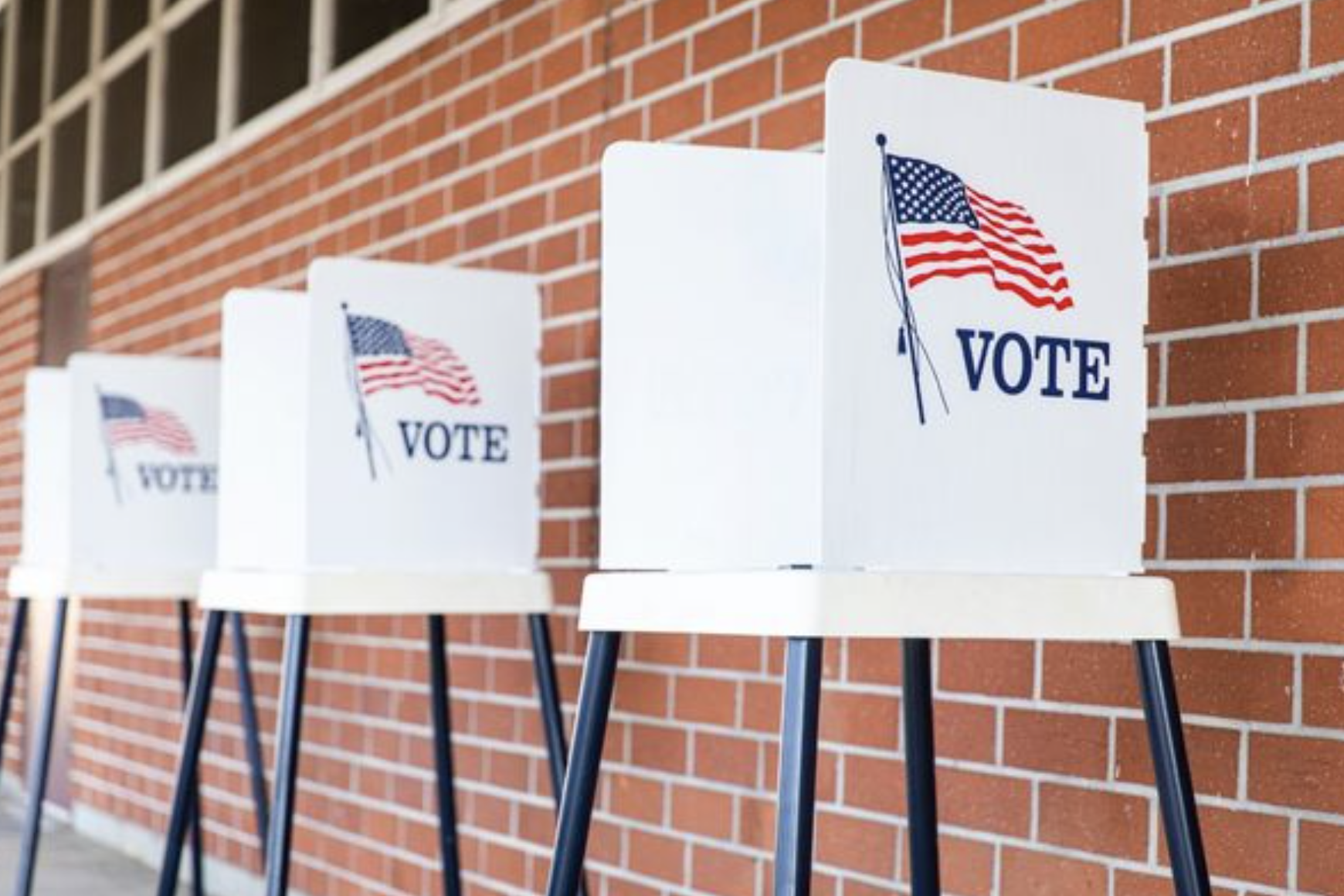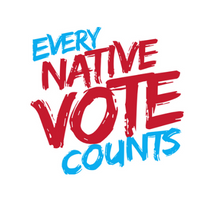
- Details
- By Jenna Kunze
The Nevada county that refused to offer in-person voting on election day to its citizens who lived on a reservation — instead requiring them to drive nearly 200 miles round trip to polling stations — reached a settlement with the Shoshone Paiute Tribes of Duck Valley Indian Reservation in late October.
On Sept. 29, 2022, the tribe filed a lawsuit against Elko County, its County Commissioners, County Clerk, Deputy County Clerks, and Chief Deputy County Clerk because of “its refusal to rectify the county’s grossly unequal voting opportunities for the 2022 election and future elections.”
In October, Native voter advocate OJ Semans, Sr. (Sicangu Oyate), told Native News Online that county election officials in Nevada created un-American barriers to voting for citizens of the Shoshone Paiute Tribes of Duck Valley Indian Reservation. Prior to the settlement, tribal members were told they would have eight hours to vote over two separate dates on their reservation for early voting in the Nov. 8 general election.
 (nativevote.org)
(nativevote.org)
That’s compared to 120 hours of registration and voting opportunities during the early voting and election day period offered to other Elko voters.
Shoshone-Paiute Tribes’ Chairman Brian Mason said the tribe requested in-person voting through the proper recourse but was denied.
“We made the request for in-person voting access in a timely fashion as per the Nevada statute – on the form authorized by Nevada’s Secretary of State,” Chairman Mason said in a statement when the lawsuit was filed. “Elko County refuses to comply with the Constitution and leaves us no recourse other than litigation.”
In the settlement reached by the tribe and the county on Oct. 26, Elko County agreed to:
- Provide an early polling location on the Shoshone Paiute Tribes of Duck Valley Indian Reservation for five specific dates ahead of the Nov. 8 general election.
- Provide a ballot box for the reservation on Election Day.
- Provide 12 days of early in-person voting and in-person voting on Election Day on in the 2023 election cycle.
The chairman called the settlement “historic” and noted that it increased access to the polls by five times.
“We were given citizenship in 1924, and it took us until 2022 to acquire equal access in the Electoral Process,” Mason said in a statement.
More Stories Like This
Native News Weekly (August 25, 2024): D.C. BriefsUS Presidents in Their Own Words Concerning American Indians
Native News Online Launches Year-End Campaign to Support ‘Warrior Journalism’
Native News Online’s Year-End Live Stream - Recap of 2025: A Night That Brings Indian Country Together
GivingTuesday: Groups Making a Real Impact in Indian Country
Help us tell the stories that could save Native languages and food traditions
At a critical moment for Indian Country, Native News Online is embarking on our most ambitious reporting project yet: "Cultivating Culture," a three-year investigation into two forces shaping Native community survival—food sovereignty and language revitalization.
The devastating impact of COVID-19 accelerated the loss of Native elders and with them, irreplaceable cultural knowledge. Yet across tribal communities, innovative leaders are fighting back, reclaiming traditional food systems and breathing new life into Native languages. These aren't just cultural preservation efforts—they're powerful pathways to community health, healing, and resilience.
Our dedicated reporting team will spend three years documenting these stories through on-the-ground reporting in 18 tribal communities, producing over 200 in-depth stories, 18 podcast episodes, and multimedia content that amplifies Indigenous voices. We'll show policymakers, funders, and allies how cultural restoration directly impacts physical and mental wellness while celebrating successful models of sovereignty and self-determination.
This isn't corporate media parachuting into Indian Country for a quick story. This is sustained, relationship-based journalism by Native reporters who understand these communities. It's "Warrior Journalism"—fearless reporting that serves the 5.5 million readers who depend on us for news that mainstream media often ignores.
We need your help right now. While we've secured partial funding, we're still $450,000 short of our three-year budget. Our immediate goal is $25,000 this month to keep this critical work moving forward—funding reporter salaries, travel to remote communities, photography, and the deep reporting these stories deserve.
Every dollar directly supports Indigenous journalists telling Indigenous stories. Whether it's $5 or $50, your contribution ensures these vital narratives of resilience, innovation, and hope don't disappear into silence.
 The stakes couldn't be higher. Native languages are being lost at an alarming rate. Food insecurity plagues many tribal communities. But solutions are emerging, and these stories need to be told.
The stakes couldn't be higher. Native languages are being lost at an alarming rate. Food insecurity plagues many tribal communities. But solutions are emerging, and these stories need to be told.
Support independent Native journalism. Fund the stories that matter.
Levi Rickert (Potawatomi), Editor & Publisher

